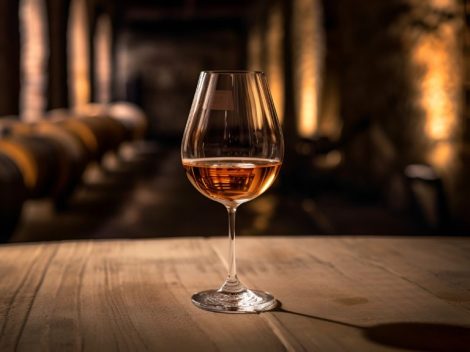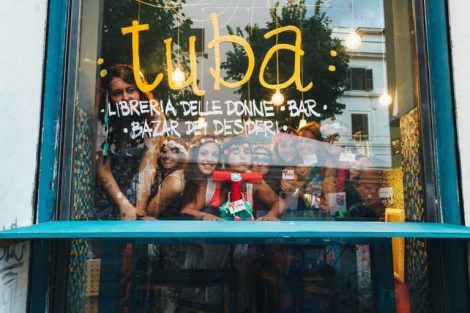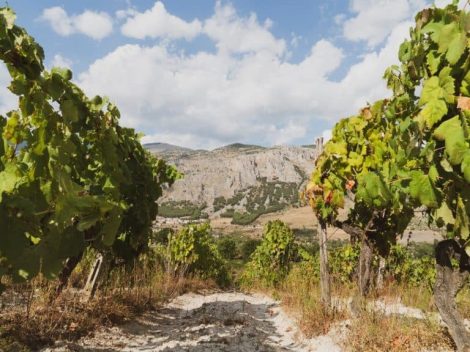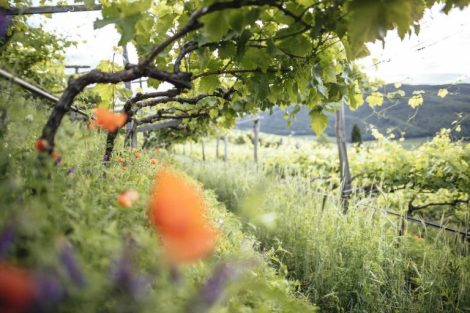“We welcome Italy's openness to dealcoholized wines, and we are ready to bring production to Italy,” says Massimo Romani, CEO of Argea, speaking to Gambero Rosso about the draft decree by Minister Lollobrigida, which would open the door for this wine category in Italy. Argea, the largest wine production group in Italy (with a turnover of €450 million in 2023), already made a move in this direction last year by launching its first line of non-alcoholic wines at Vinitaly. The line, called Antologia No-Alcol (which includes eight wines from the various regions where the group operates, from Sicily to Abruzzo), has already reached a production of half a million bottles. However, like many other companies, Argea initially had to rely on a German partner with expertise in this sector. But now, things may be set to change.
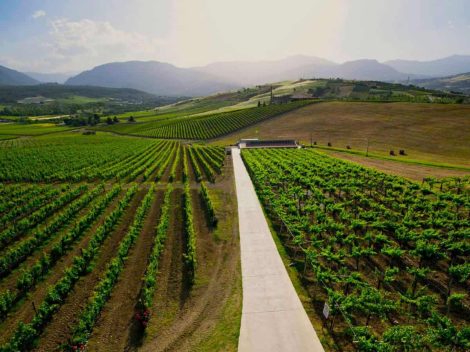
Let’s start with a direct question: is it correct to call dealcoholized products wines?
Absolutely, because they are produced through the complete winemaking process. So, it’s important to provide accurate information.
After many hesitations from the government, particularly from Minister Lollobrigida, how did you receive the news of the draft decree opening the door to this wine category?
Very positively. It’s a long-awaited decree that represents a significant market opportunity.

When looking at the details of the decree, there are still some points to clarify. First and foremost, the issue of excise duty...
Exactly. It’s unclear whether excise duty will apply or not. In our view, if the alcohol is reused and sold, the excise duty should apply. The situation would be different if the alcohol is considered waste. However, I believe this issue can be resolved as we move forward.
The second issue is about the place of production: the draft mentions it must be different from the one used for traditional winemaking...
If we’re talking about the same cellar with segregated spaces and controlled access, I see no problem with that. If it’s a completely separate facility and, therefore, a new building or even a distillery needs to be constructed, it would be more complicated, especially for smaller wineries.
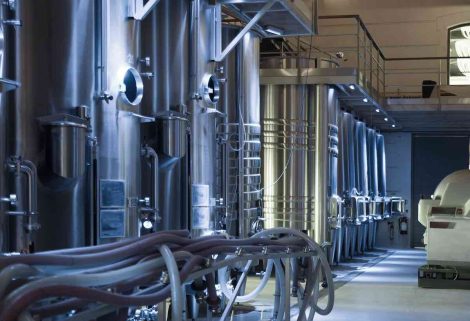
Regardless of the details, in your case, would you be ready to move production to Italy?
Once these points are clarified, that would be the plan.
Currently, while awaiting approval in Italy, you’re producing dealcoholized wines in Germany. What challenges have you faced?
Mainly higher costs, especially transport costs, but it’s not just that. The biggest challenge – since this is a learning-by-doing process – is suggesting improvements in someone else’s house.
So, producing dealcoholized wines in Italy would have a significant impact on product quality...
Certainly. I believe there are opportunities today, as we saw at the last Simei exhibition. Once we get the green light, working towards perfection will become natural.
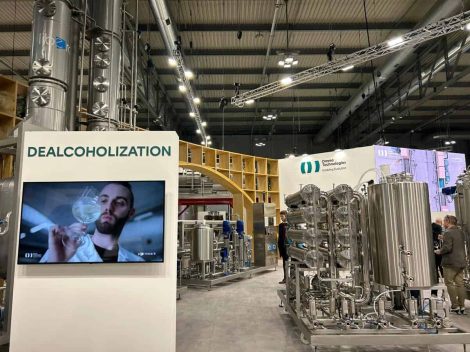
At that point, could you consider extending dealcoholization to DOC and IGT wines as well?
If we look at our biggest competitor – France – they have already given the green light for IGT wines (for partially dealcoholized wines). This would be a huge step forward. For example, we dealcoholize a 100% Primitivo di Manduria (*Doppio Passo*), but we can’t declare it. It might still be too early to ask for DOC extensions, but I would definitely consider it for IGT wines.
This could also open the door to using European resources for promotion...
Well, if France does it.
Cia, commenting on the decree, has called for dedicated resources to help guide wineries through the dealcoholization process.
That would also be a great idea to improve quality. This is a segment where research is essential to produce top-quality products.

Are you happy with the results so far? Are there types of wine where it’s easier to preserve quality?
Definitely sparkling wines and whites. Red wine is still a bit of a surprise. With more research, we could consider reducing the residual sugar content further. The important thing is to start as a country system.
From your experience in producing non-alcoholic wines this year, which markets are showing the most interest?
First and foremost, Germany and France, but also Northern European countries. We don’t sell them in the US at the moment, but in our last market survey, all the customers wanted to know more. In terms of consumers, the product appeals to a wide range: from pregnant women to those who can’t drink wine for health reasons but don’t want to miss out on the taste, to people trying the product for the first time. How big this demand will become, I can’t say yet, but it’s a big opportunity.

Looking at the year ahead, how do you expect to close this challenging 2024 for the entire wine sector?
There’s no denying it: it’s been, and will be, a tense year until 30 December. We are expecting a slightly positive closing, thanks to our diversification strategy. The strength of our group is in representing many regions and types of products: when one suffers, another does better.
Specifically, are red wines suffering the most?
Let’s say that red wines are the category we’ve focused on the most, as consumer preferences seem more fatigued by full-bodied, high-alcohol wines. Big reds remain the domain of true enthusiasts and connoisseurs, while mainstream tastes have shifted towards lighter, more drinkable wines. We have to take that into account.
What strategies are you implementing?
In our case, we’ve increased the production of white wines and sparkling wines, and we’ve worked on red wines to make them more consumer-friendly in terms of alcohol content.
In this context, will you increase production of non-alcoholic wines as well?
In 2024, we started with modest numbers – 500,000 bottles. We need to first assess the financial return, but we can already say that our stock of non-alcoholic wines is now at zero.

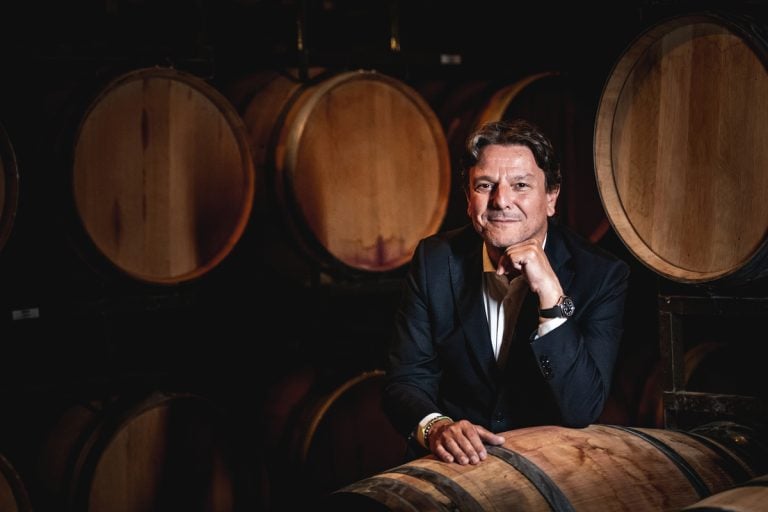
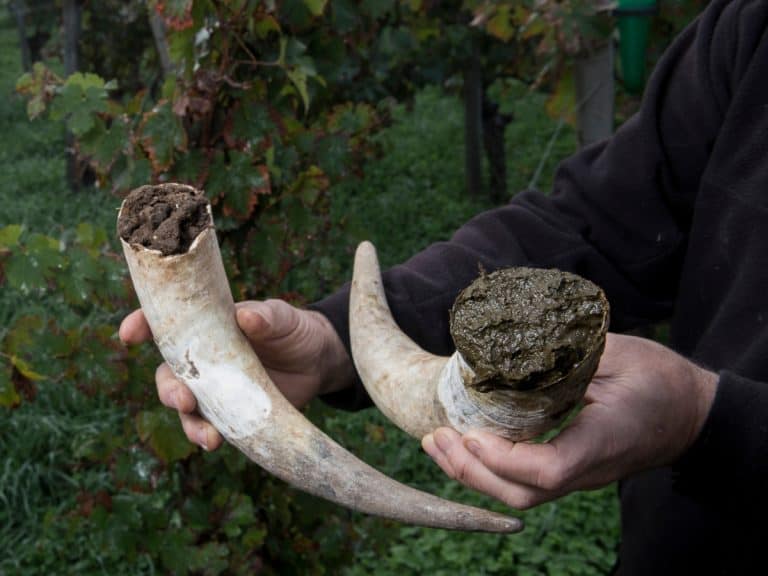 "Biodynamic preparations ave no effect on viticulture": The shocking conclusions of a Swiss study
"Biodynamic preparations ave no effect on viticulture": The shocking conclusions of a Swiss study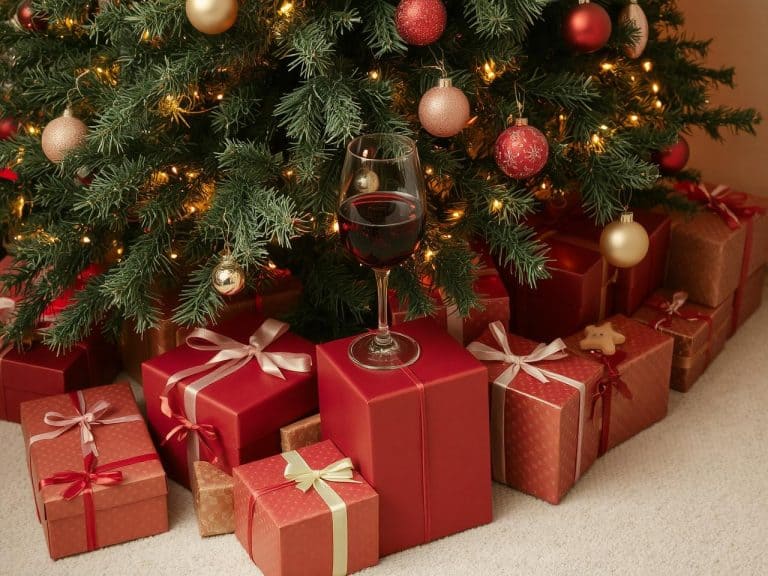 Ten last-Minute Christmas gift ideas for a wine nerd
Ten last-Minute Christmas gift ideas for a wine nerd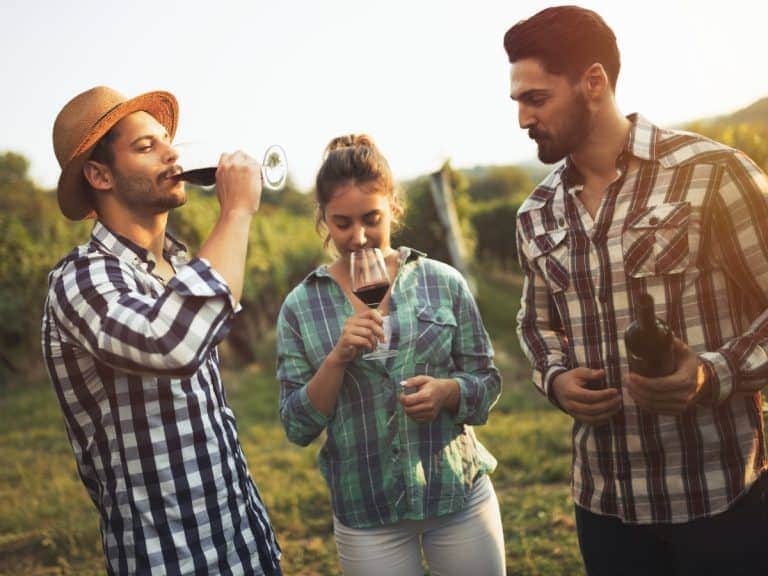 Food and wine tourism generates €40 Billion in revenue: Tuscany, Emilia-Romagna, and Puglia take the podium
Food and wine tourism generates €40 Billion in revenue: Tuscany, Emilia-Romagna, and Puglia take the podium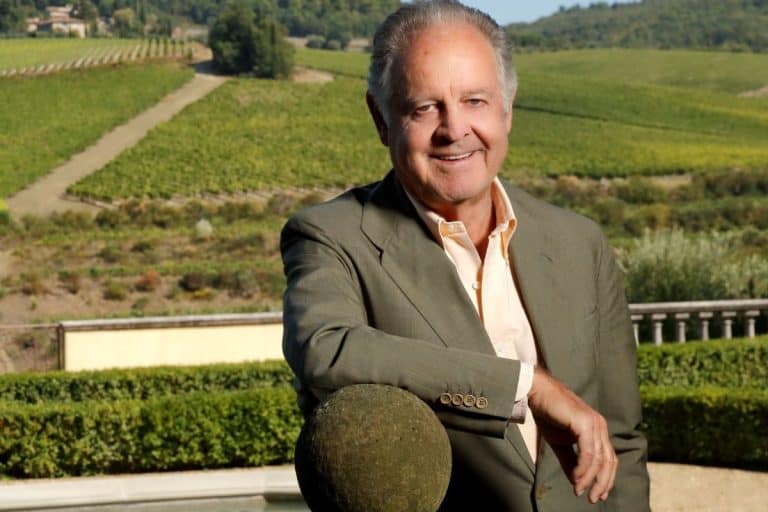 "Non-alcoholic wine shouldn’t be demonised: it’s in everyone’s interest that it’s not just a passing trend". Piero Antinori opens the door to the category
"Non-alcoholic wine shouldn’t be demonised: it’s in everyone’s interest that it’s not just a passing trend". Piero Antinori opens the door to the category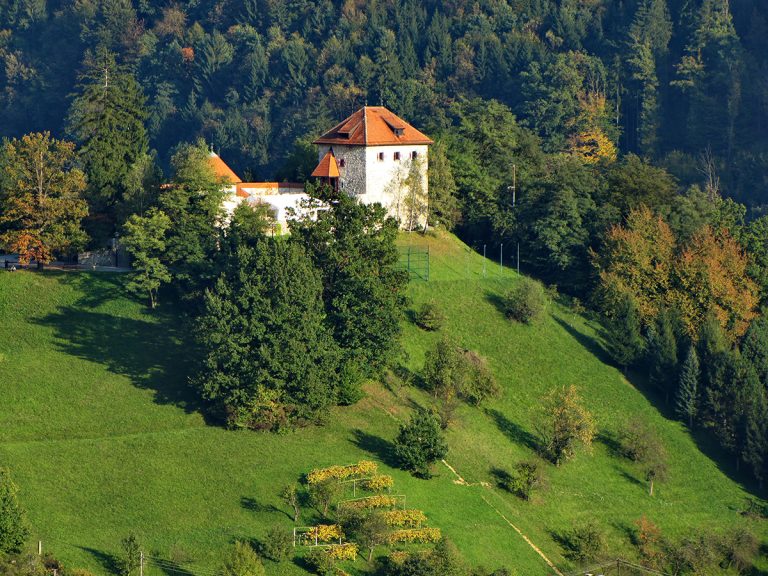 The Slovenian chef passionate about foraging who cooks in a remote castle
The Slovenian chef passionate about foraging who cooks in a remote castle

